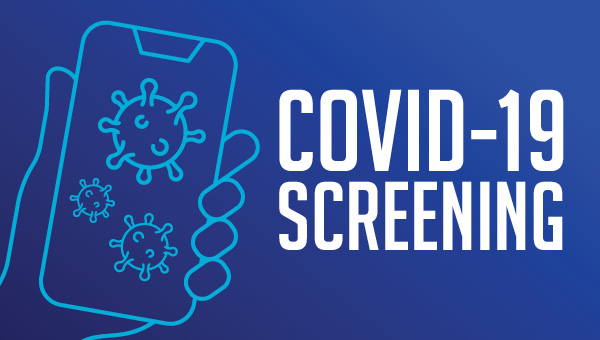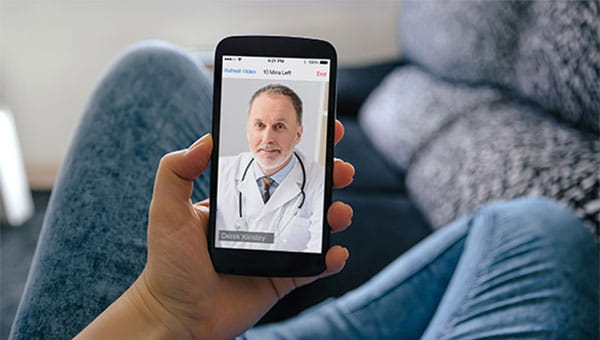Coronavirus (COVID-19) Resource Center
Your Source for Information
As the novel Coronavirus (COVID-19) continues to spread, BayCare is determined to do its part to keep the local community informed about preparation, protection and potential impact. We are monitoring the outbreak and communicating regularly with local practitioners and government officials to serve and protect patients, team members and the community.
Screening and Testing
There are different testing resources available depending on people’s needs. Community and retail sites offer free testing, while BayCare Urgent Care can provide testing in conjunction with an urgent care evaluation or travel documentation. If you can’t get an appointment at a testing site, home tests are available at retail stores and online for purchase.
Remember to only go to our Emergency Rooms if you have an emergency – our ERs are NOT doing public testing.

COVID-19 Screening
Community Testing Resources
The Florida Department of Health COVID-19 Response Map makes it easy to find testing, vaccine, and treatment sites across the state.
BayCare Urgent Care Testing Options
For Symptomatic Patients
BayCare Urgent Care clinics offer traditional PCR testing in conjunction with an urgent care visit and evaluation by a health care provider. The PCR test is sent to BayCare Laboratories for processing. Find an urgent care near you.
BayCare Urgent Care also can perform a rapid antigen test in combination with an urgent care visit and evaluation by a health care provider. The test is for symptomatic individuals within the first 7 days of symptom onset. Patients receive results in 15 minutes.
For Asymptomatic Individuals
BayCare offers an effective and reliable rapid PCR test that can detect COVID-19 in 30 minutes. The test is available by appointment at thirteen BayCare Urgent Care locations to asymptomatic people wishing to confirm they are negative for COVID-19, such as before traveling. The test is not billed to insurance but is available as a self-pay service at a cost of $150.

BayCareAnywhere at Home or On the Go
How to Visit our Patients
BayCare knows a loved one's attention can be key to a patient's recovery. Our visitation policies support those interactions while also ensuring the safety of our patients, team members and providers.


Community Resources
BayCare and community partners with All4HealthFL have compiled a list of resources available to support community members during this public health situation.

